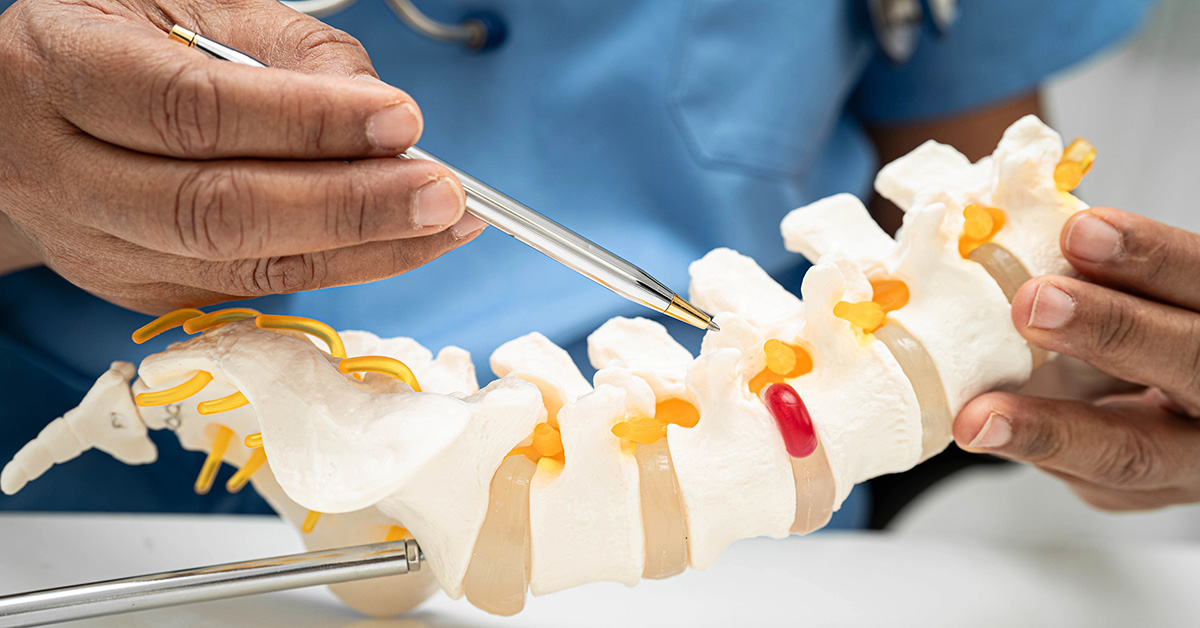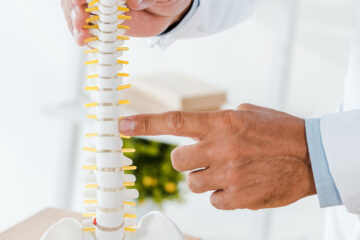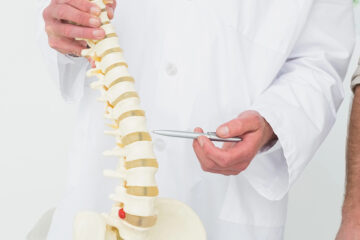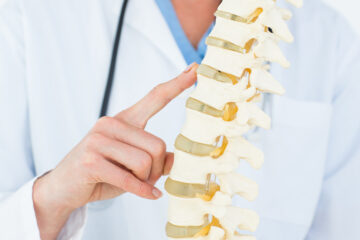What Worsens a Herniated Disc?


What Worsens a Herniated Disc?
A herniated disc can cause intense pain, numbness, or weakness due to the pressure it places on nearby nerves. While many people experience relief through conservative treatments like rest and physical therapy, certain activities and habits can worsen the condition, prolonging recovery or intensifying symptoms. Understanding what to avoid is crucial for managing herniated disc pain effectively.
1. Prolonged Sitting
Sitting for long periods, especially in non-ergonomic chairs, can place excessive pressure on the lower spine and worsen a herniated disc. Whether at a desk, in a car, or on the couch, poor posture while sitting can aggravate symptoms. Use a chair with lumbar support and take frequent breaks to stand and stretch.
2. Improper Lifting Techniques
Bending at the waist or twisting while lifting heavy objects puts significant strain on the spine, increasing the risk of further disc damage. Always lift with your legs, keeping your back straight and the object close to your body. If the object is too heavy, ask for assistance.
3. High-Impact Activities
Activities like running, jumping, or heavy weightlifting can jolt the spine, placing additional stress on the herniated disc. These movements may exacerbate inflammation and nerve compression, intensifying pain. Opt for low-impact exercises like swimming or walking instead.
4. Poor Posture
Slouching while sitting or standing can shift the spine’s alignment, putting more pressure on the herniated disc. Focus on maintaining a neutral spine position, with your shoulders back and your head aligned over your hips.
5. Lack of Movement
While rest is important during the acute phase of a herniated disc, prolonged inactivity can weaken the muscles that support your spine, potentially worsening symptoms. Gradual, controlled movements and gentle exercises can help alleviate pain and promote healing.
6. Carrying Excess Weight
Being overweight or obese increases the load on your spine, which can exacerbate herniated disc symptoms. Maintaining a healthy weight through a balanced diet and regular exercise can reduce spinal pressure and support recovery.
7. Ignoring Treatment
Delaying medical care or skipping prescribed physical therapy can lead to prolonged symptoms or additional complications. Early intervention and adherence to a treatment plan are essential for managing pain and preventing further damage.
To avoid worsening a herniated disc, it’s important to practice proper posture, avoid high-impact activities, and follow your healthcare provider’s recommendations. By identifying and eliminating these aggravating factors, you can support your recovery and reduce the risk of long-term discomfort. If your symptoms persist or worsen, consult a healthcare professional for further evaluation and treatment.



